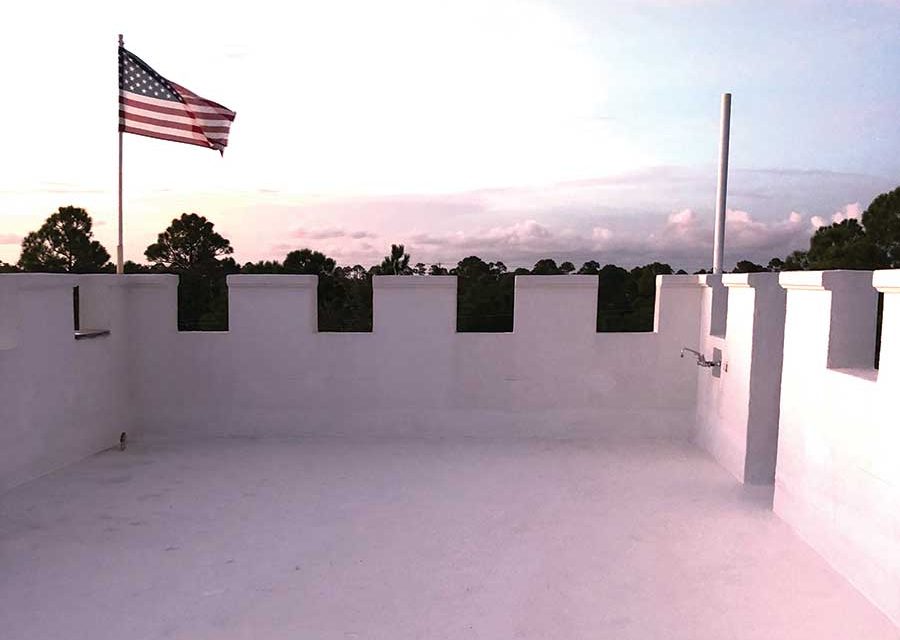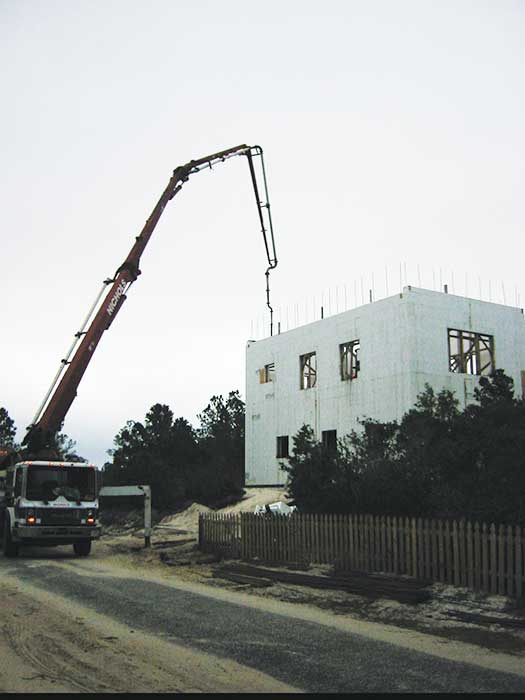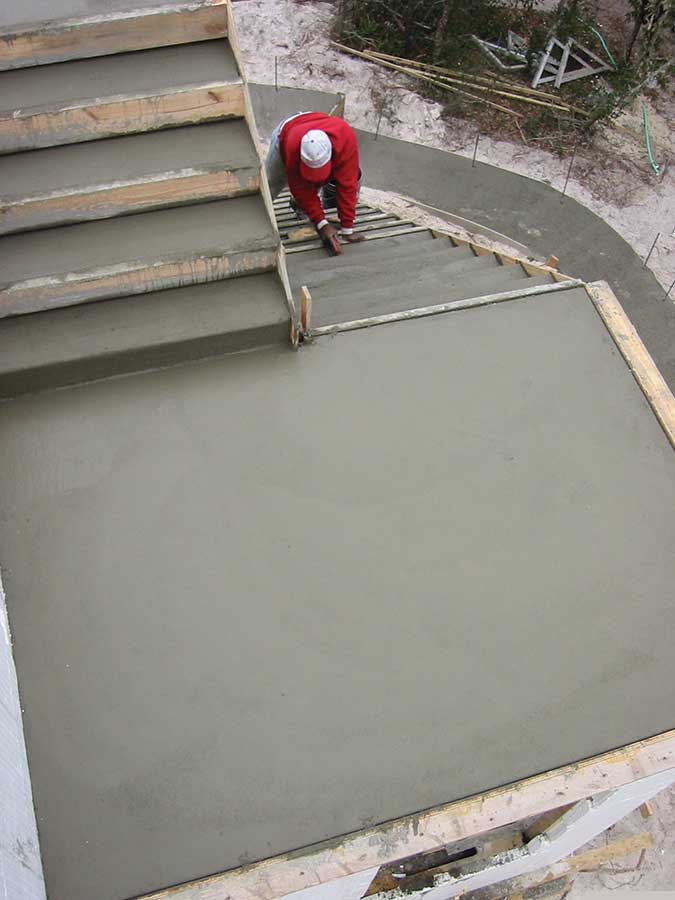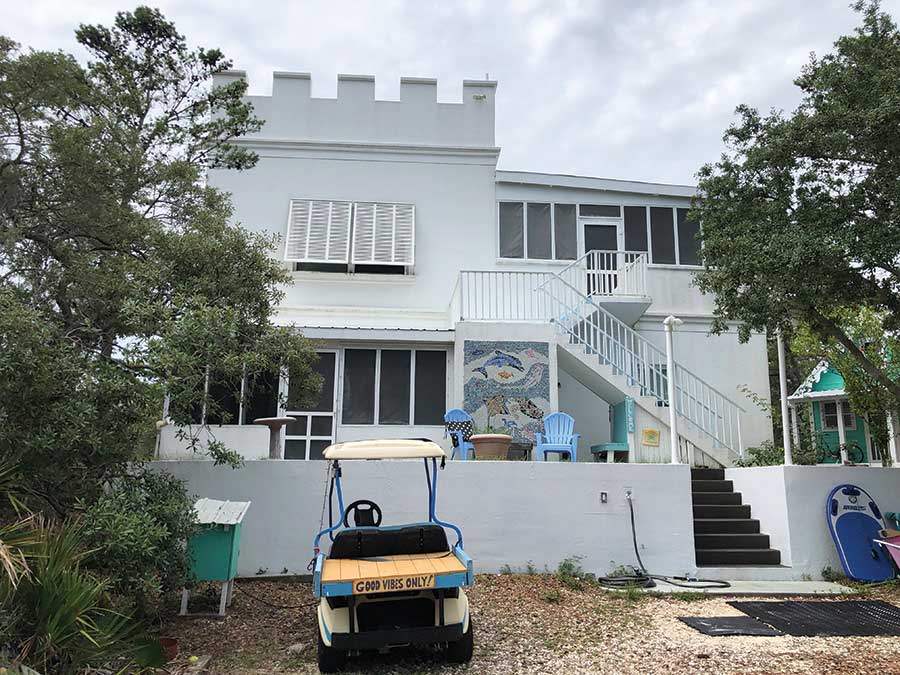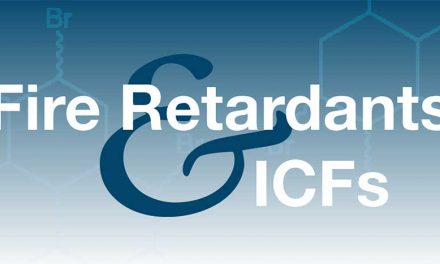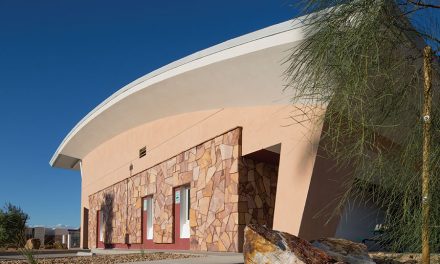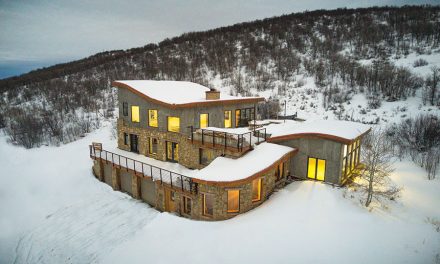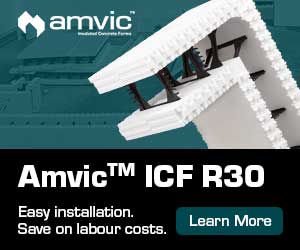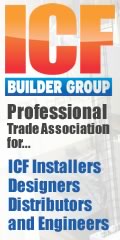By Vanessa Salvia
Terri Jean Smith, a resident of Fort Morgan, Alabama, on the top of a tiny peninsula in Mobile Bay, wrote me in early September 2020 seeking any advice I might have to aid in her quest to have her roof certified as a Fortified Roof.
In Alabama and many other states, having a Fortified Roof endorsement qualifies the homeowner for insurance discounts and tax incentives—Smith would get a big discount on her wind and hail insurance. However, Smith had no luck getting her home certified, which was built with Amvic walls and an Insul-Deck roof, even though it sustained no damage from three direct hits from hurricanes since it was built in 2003.
“I live three blocks from the Gulf of Mexico,” Smith says. “My house already weathered a direct hit by Hurricane Ivan and was probably a Cat 3 from Katrina in 2005. I did not have any damage. I know that my roof is a lot stronger than any stick-built roof.”
While Fortified told Smith that they couldn’t certify her roof since it was built before 2016, she doesn’t need that certification to know how strong her roof is. She says it’s been through multiple major storms without any damage. Not only that, she has a friend with a new house that is Gold Fortified, and his house leaked after the last major storm.
September 2020 brought Hurricane Sally, a destructive and slow-moving hurricane which was the first hurricane to make landfall in Alabama since Hurricane Ivan in 2004, which hit on the same date and in the same place. Sally was the seventh hurricane of the extremely active 2020 Atlantic hurricane season.
“Hurricane Sally tore up more houses in my neighborhood than the other storms,” she says. “My house was in the eye wall of Ivan and Sally. My house has proved its strength. Sally had 20 to 23 inches of rain in it so if it was going to leak, it would have.”
I responded to Smith’s first email a few days after Sally hit her area. She answered me after she had evacuated to another location post-storm due to no power and no water at home. She said it was the most terrifying hurricane that she has ever been through—she grew up on the coast and has stayed at home for many storms. Sally was originally predicted to be a Category 1 with a lot of rain, so she decided to stick it out. She didn’t even put up her storm shutters. That’s not what ended up happening.
“I unfortunately stayed home during this storm,” she said. “I am guessing it was a 3 at my house with lots of very powerful bursts of very strong wind. Nearly every house in my neighborhood was damaged. A giant cell tower was leveled 3-4 miles from my house. Part of a bridge in Pensacola was ripped apart. The roads were flooded and we were left without power or water.”
When Smith first decided to build with ICF, she was specifically looking for a building method to withstand storms. Near her home she discovered an Insul-Deck home, built by Rodney Hubble of Force 5 Walls, Inc., a distributor and installer of ICF products for Louisiana, Mississippi, Alabama, and the Florida panhandle. After visiting the home site, Smith chose Hubble to build her own home.
Last year, when renewing her insurance, Smith’s agent suggested she try to get a Fortified certification to help reduce her roughly $3,000 a year insurance costs. She was told that there are houses sitting right on the water that are made of wood that pay less for insurance than she does. Smith shared that each year her insurance is dropped and she has to submit construction photos to prove that her home doesn’t have a flat roof. She experiences difficulty each year in getting the insurance company to understand the type of roof she has, because they don’t have a category for it. “As soon as your house gets checked as a flat roof, then it’s hard to change it because they don’t know what else to call it,” she says. “It’s technically not flat. The water runs off quickly.”
There are a few sad things about Smith’s story. Fortified told her that her roof couldn’t survive a hurricane without leaking. She obviously knows that’s not true, and in fact, her roof is probably much stronger than their Gold rating. Awareness of the strength of ICF construction in the South needs to improve. The insurance companies and certification groups like Fortified need to recognize and respect this type of construction and give people the tax incentives and insurance discounts that they deserve. Home builders need to suggest ICF to new home buyers. People aren’t going to stop building on the water, but they do have options that will prevent their home from being destroyed.
Even though Smith’s home had no damage, the experience of enduring such a strong storm has made her question whether she should go on living there. “I didn’t have any damage,” she says. “The roof did not leak. The house is fine, but it will take a while for me to recover from the experience.”

